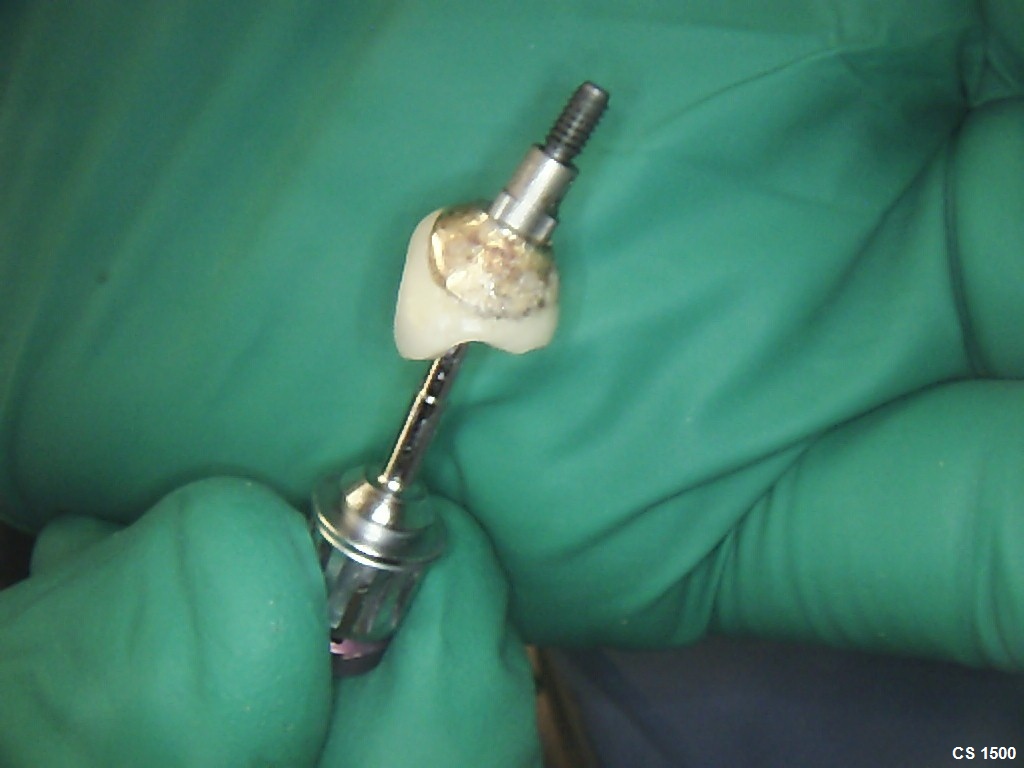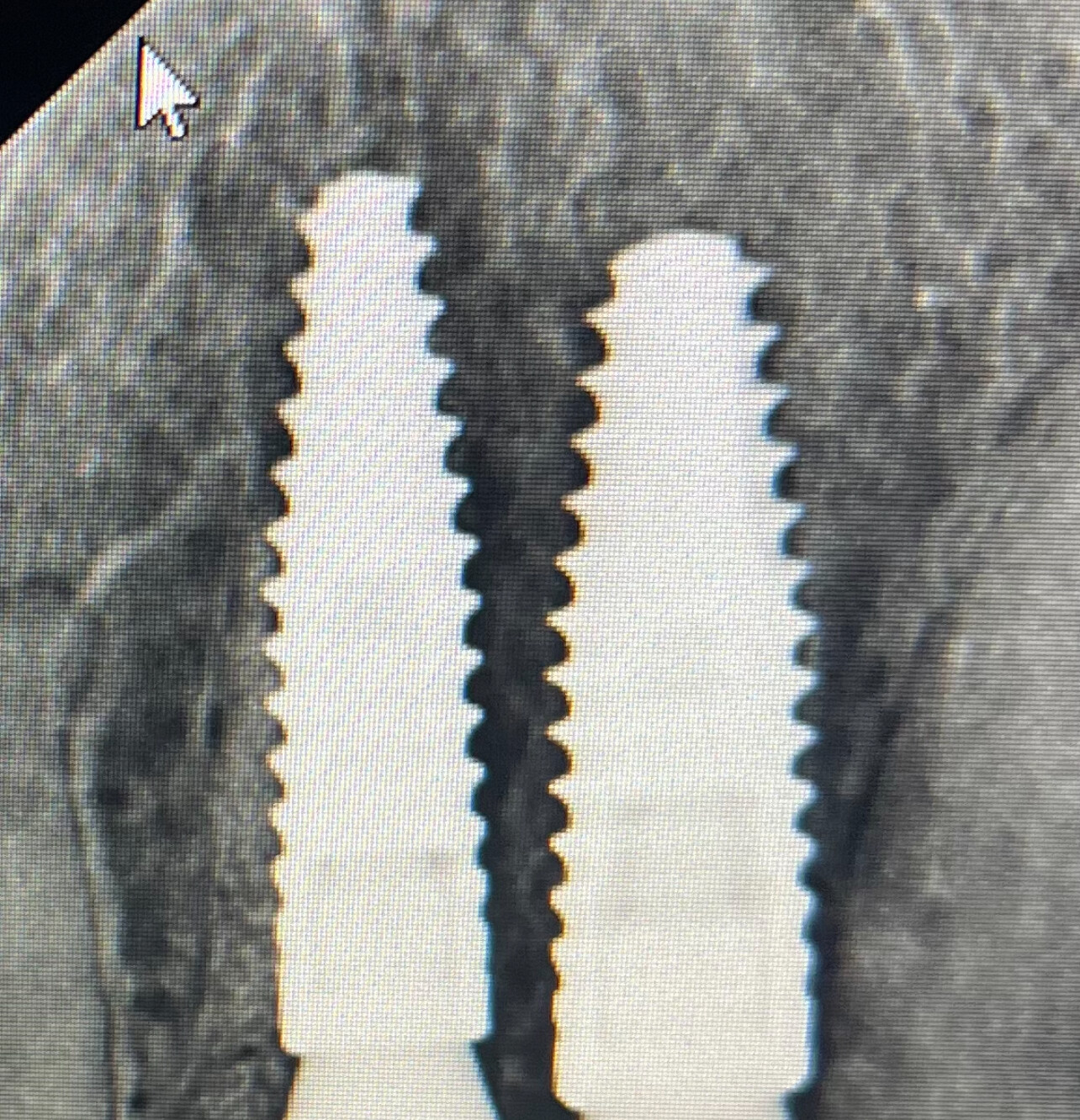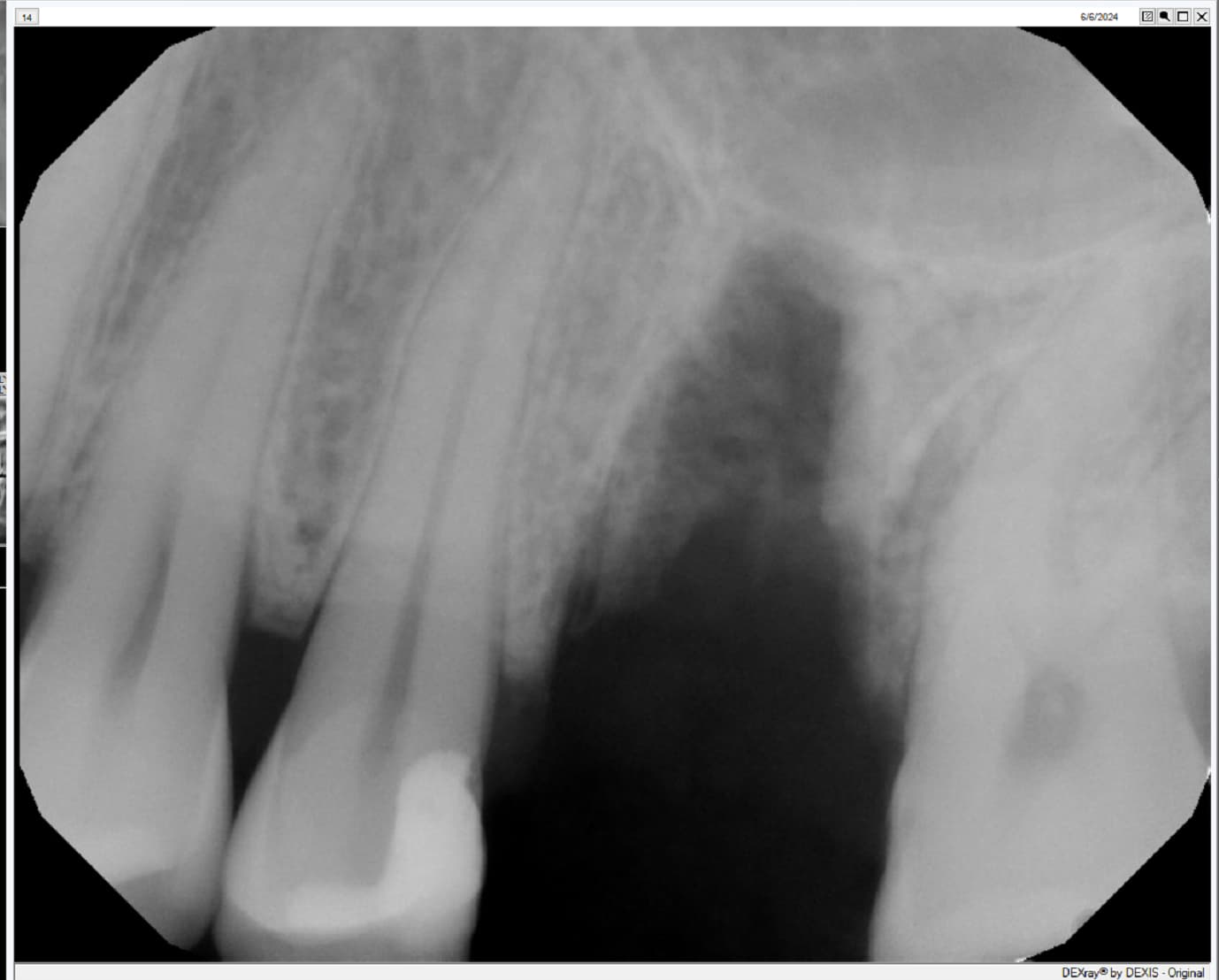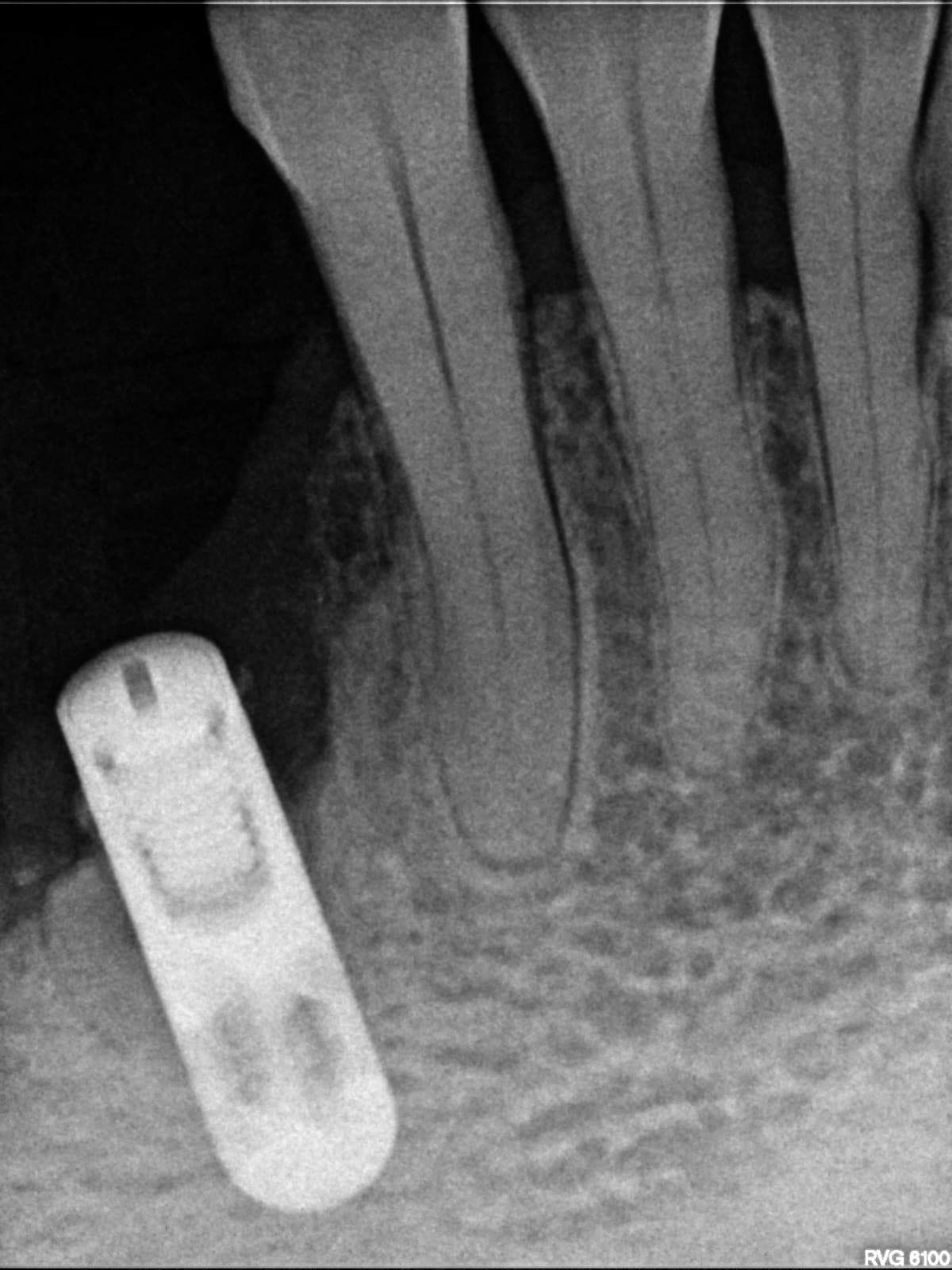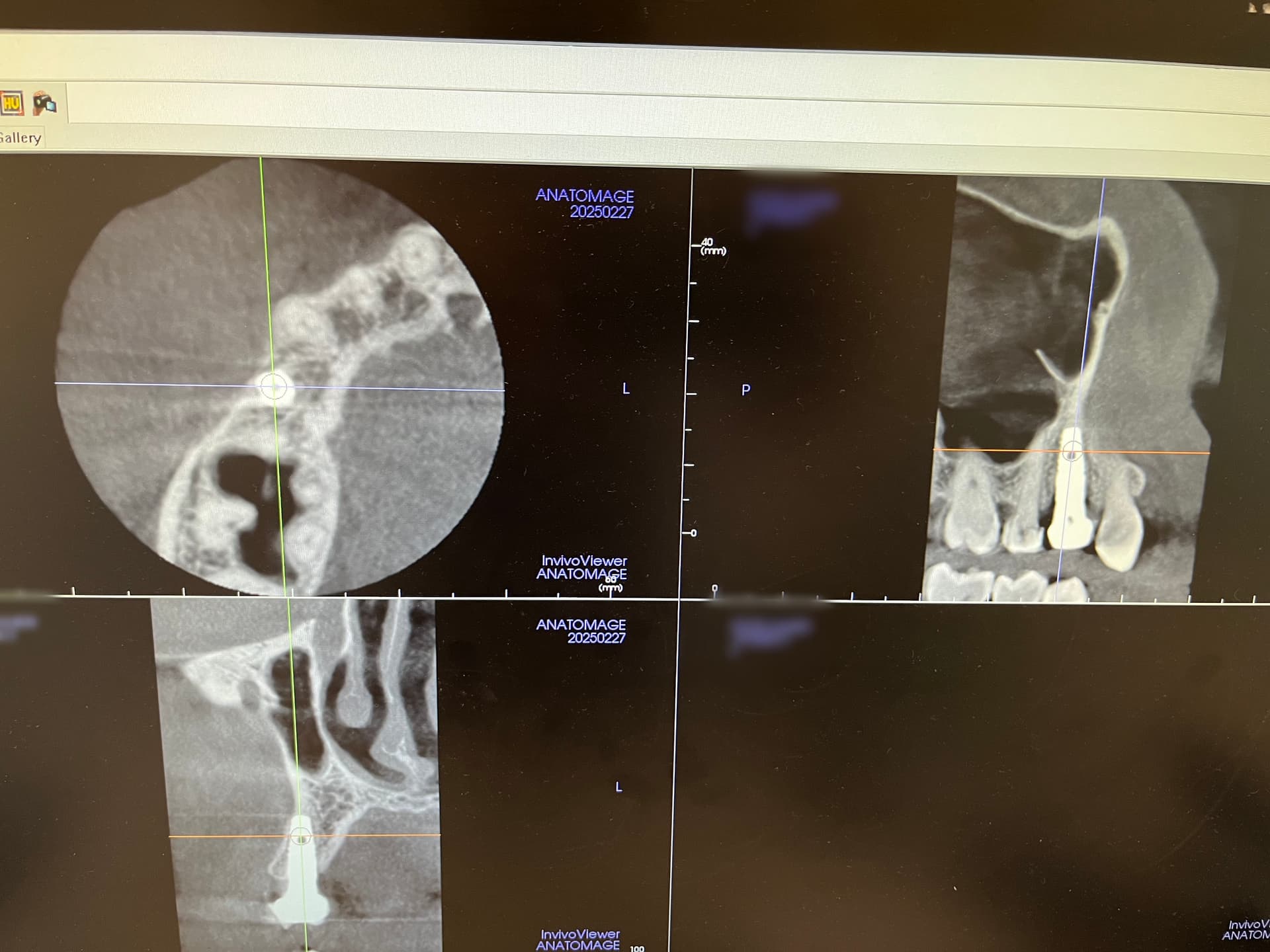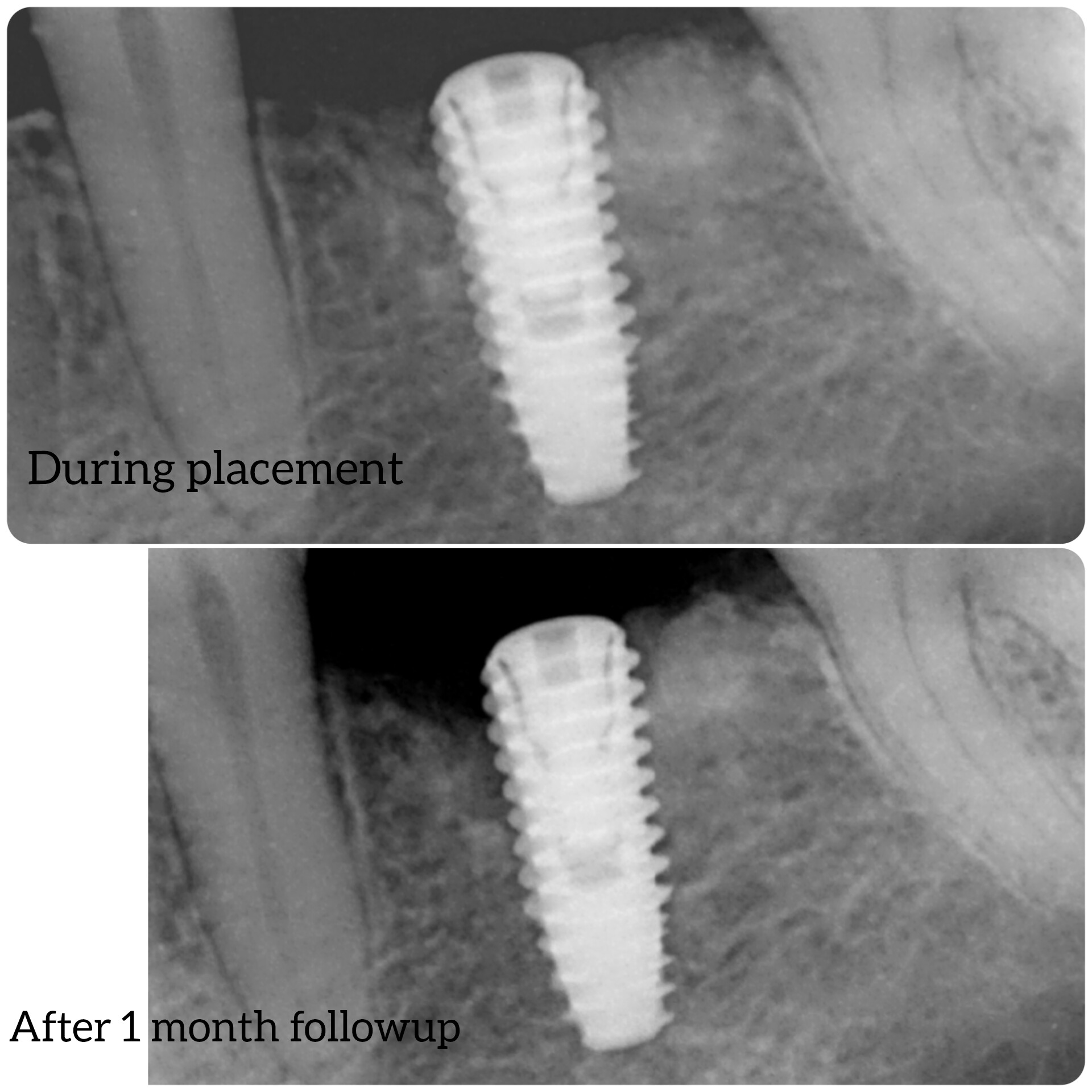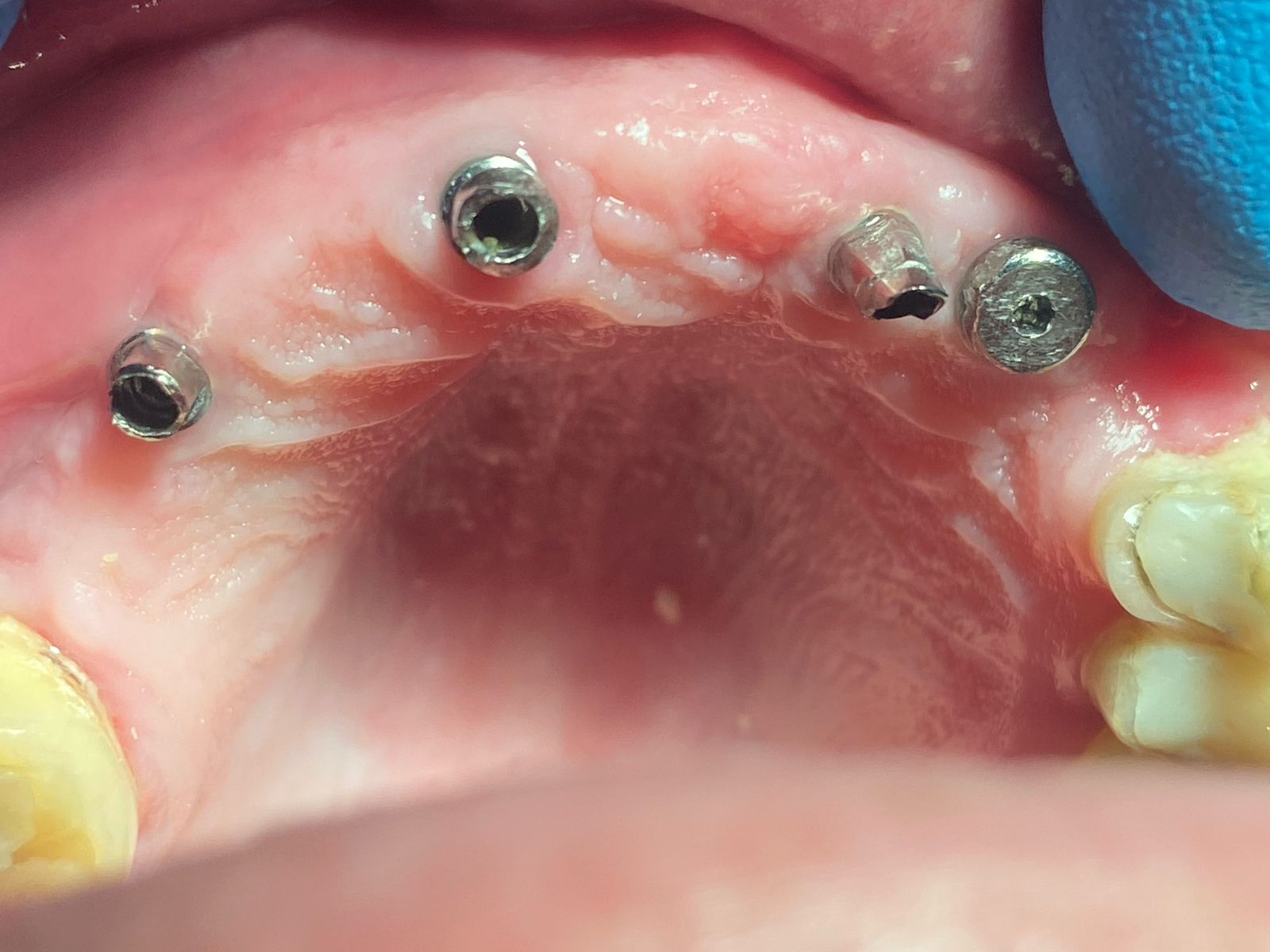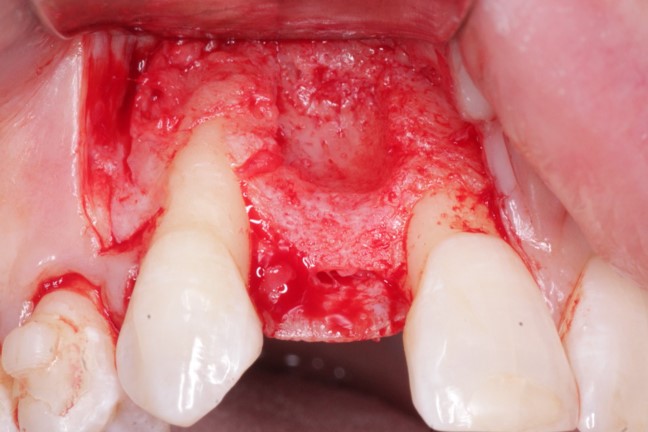Gum Implants to Treat Periodontal Disease?
Any thoughts on the latest news about a promising treatment for severe periodontal disease in which a biodegradable gum implant slowly releases medicines that fight infection?
Word of the new procedure — designed to be less invasive and more effective then current surgical treatments — came last Thursday at the American Chemical Society’s annual meeting in San Francisco. "I’m extraordinarily confident that this technology will work," said study co-author Kathryn E. Uhrich, a professor of chemistry and chemical biology at Rutgers, The State University of New Jersey. Although animal and human trials have yet to begin, Uhrich said that the laboratory work already conducted with co-author Michelle L. Johnson — one of Uhrich’s graduate students — indicates that the plastic implant appears to be both effective and safe.
"We’re using antibiotic anti-bacterial properties, which everyone already knows about, alongside aspirin-like, anti-inflammatory properties, which everyone also already knows about," she explained. "So it’s pretty easy to make, and I see no real significant technical obstacles." "What’s unique here, however, is our plan to treat periodontal disease by combining these properties with a polymer — or plastic — implant structure that enables delivery of the drugs with minimal invasiveness," she added.
According to Uhrich, the proposed new procedure would cut the need for invasive surgery in half by relying on an implant that would release both anti-microbial and anti-inflammatory medications over a prescribed time. Meanwhile, the barrier itself slowly disintegrates.
The researchers say patients benefit because the barrier doesn’t have to be removed with surgery, and gum tissues are healed with the use of salicylic acid — the active anti-inflammatory ingredient found in aspirin. "This is absolutely a unique process, " said Uhrich. "There’s nothing out there like this right now."
Uhrich said the procedure could be available to patients in as little as two years, depending on U.S. Food and Drug Administration approval following animal and human trials. Primate trials are already being set up.
However, Robert Genco, a distinguished professor of oral biology, periodontology, and microbiology in the school of dental medicine at the State University of New York at Buffalo, had some reservations about the procedure.
"The proof in the pudding is going to be the human trials," he said. "It might be a useful adjunct treatment to the deep-scaling needed to remove tenaciously attached bacteria," he said. "But there is also a possible negative aspect in that the anti-inflammatory impact of this procedure could theoretically reduce the body’s ability to cope with the infection by undermining the body’s ability to get rid of the most difficult-to-remove bacteria. It’s not been shown for sure that this would be a problem, but it’s something that would have to be dealt with."
Source: American Academy of Periodontology










